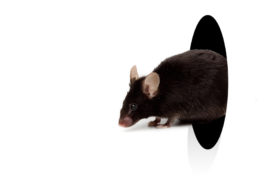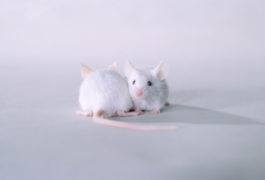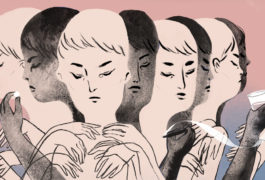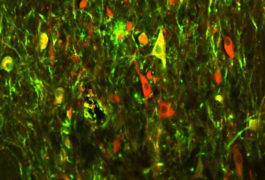Mouse study links dopamine in cerebellum to social behavior
The signaling molecule’s social role in the ‘little brain’ involves Purkinje neurons in the Crus I and Crus II regions, a new study reveals.

The signaling molecule’s social role in the ‘little brain’ involves Purkinje neurons in the Crus I and Crus II regions, a new study reveals.

Even temporary bouts of too little non-REM sleep can lead to long-term changes in how the animals respond to certain social situations, new research suggests.

Blocking connections between the amygdala and hypothalamus prevents mice from finding social interactions as rewarding as they would otherwise.

Mice missing a copy of the autism-linked gene PTEN show a reduced preference for social interaction, possibly due to atypically large, overconnected dopamine neurons. Easing the overconnection may alleviate this trait.

Novel sensors enable researchers to monitor the activity of two signaling chemicals in the brains of living fruit flies and mice.

In May, the U.S. Food and Drug Administration guaranteed an experimental autism drug a speedy review for approval, but some scientists are skeptical of the drug’s potential.

Male mice with a genetic variant tied to autism may have learning difficulties that females with the variant do not.

Having too many copies of an autism gene called UBE3A mutes a brain region that may mediate the satisfaction a person derives from social interactions.

Conventional wisdom holds that people with autism don’t get hooked on alcohol or other drugs, but new evidence suggests otherwise.

A new method uses flashes of light to stimulate specific sets of neurons in monkey brains.